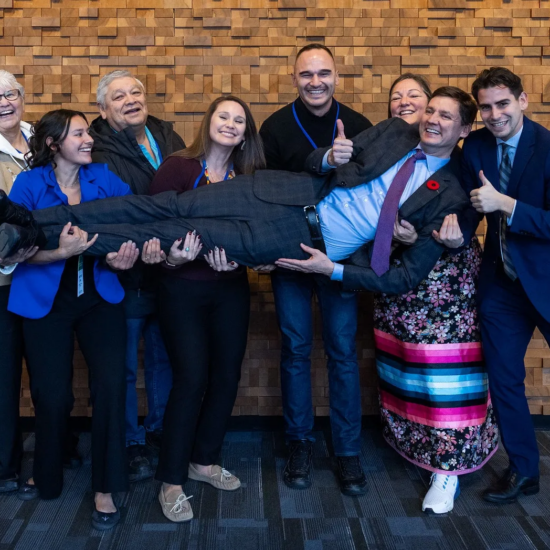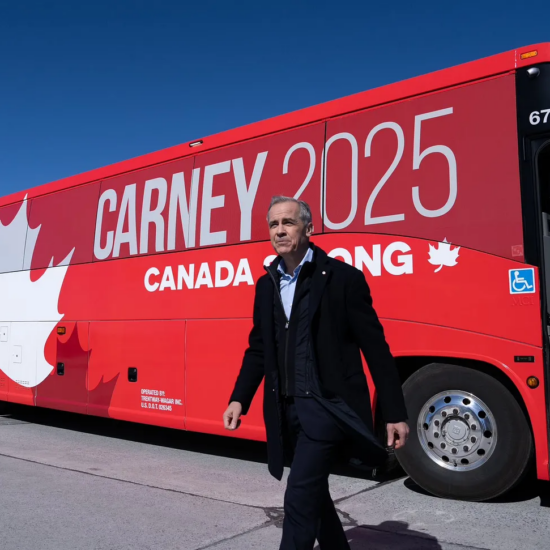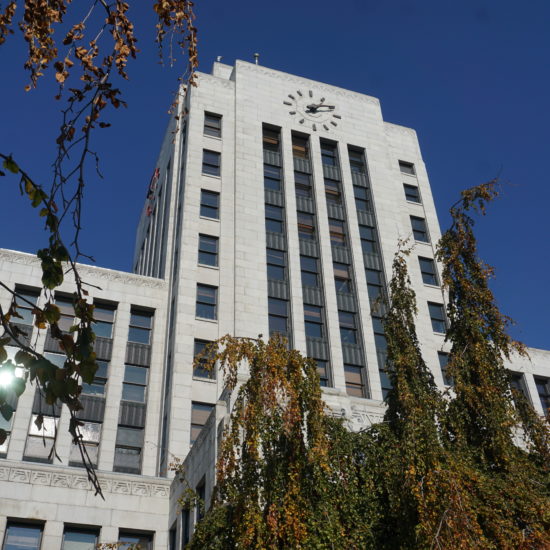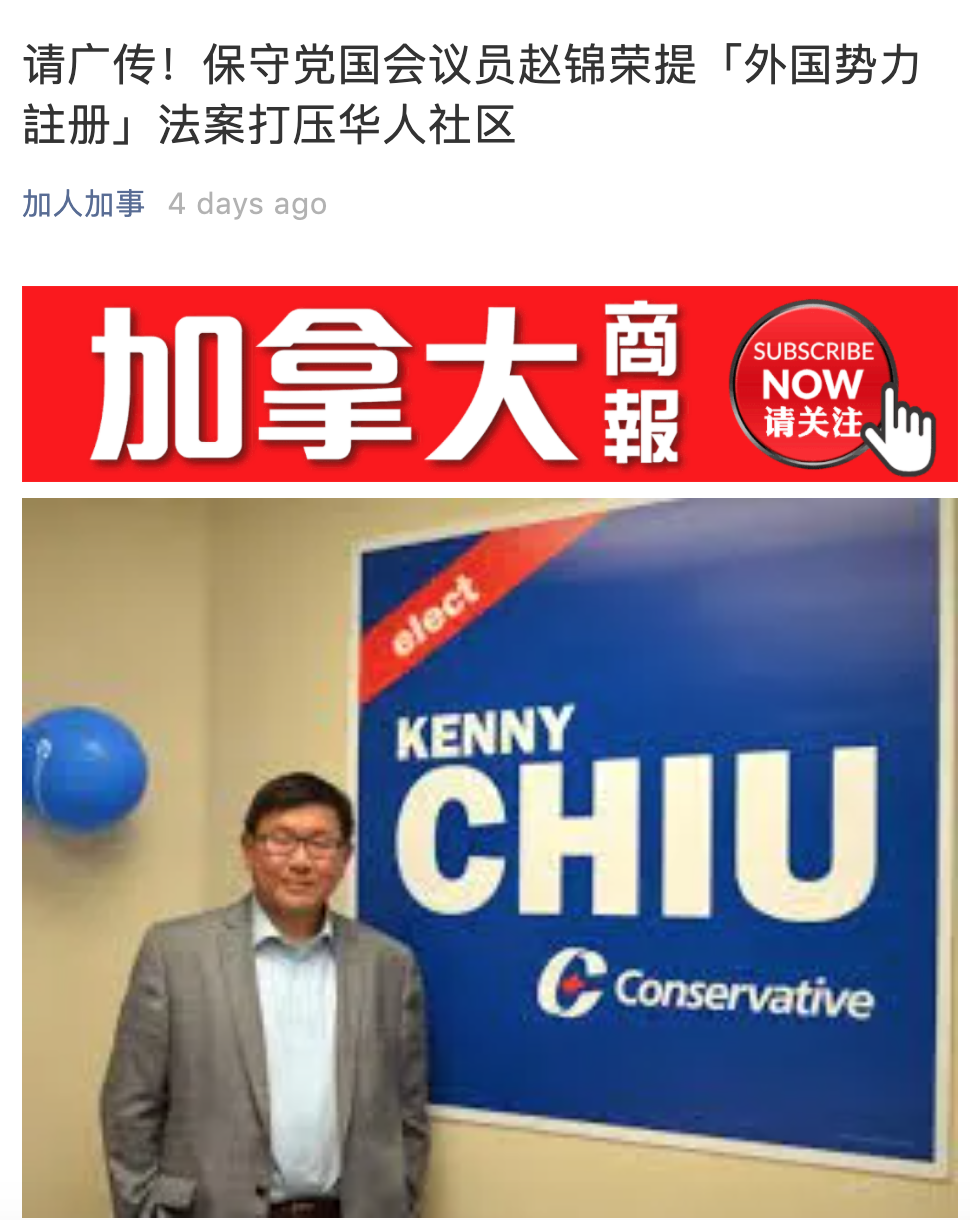
Bob Mackin
A year after losing his Steveston-Richmond East seat, former Conservative MP Kenny Chiu is pondering whether to make a comeback.
“Tell me when the election is, and I’ll tell you the answer,” Chiu said. “I was hoping [Justin] Trudeau will somehow be scared by [Pierre] Poilievre and therefore pull the plug, but it looks like the possibility of that is actually diminishing. So I don’t know how long I have to be in a holding pattern.”

Steveston-Richmond East runner-up Kenny Chiu before the election (Twitter)
Chiu has bills to pay, but still has things he wants to do in service of the country, because it’s “critical that we hold Canada closer to our heart.”
The sting remains from the Sept. 20, 2021 snap election. Voter turnout in the riding fell 3,000 from 2019, when Chiu upset Liberal incumbent Joe Peschisolido. Chiu’s vote count plummeted 25% and he finished a distant 3,477 votes behind Liberal rookie Parm Bains, after a campaign marred by anti-Conservative disinformation via Chinese state media and social media.
“If you offend the Chinese, the whole group will be punished!” said an English translation of Luxmore Realty president Jason Liu’s celebratory commentary posted on WeChat. “Richmond’s two Conservative seats were replaced by the Liberal Party, which was the result of the awakening of Chinese.”
Liu applauded the “great role” played by the Chinese Canadians Goto Vote Association [CCGVA]. Supporters of the society, which formed the week after Trudeau called the election, even campaigned with Bains, near Chiu’s Steveston riding office. Two of the men wearing “Your Vote Matters” T-shirts and holding signs are involved with groups related to China’s United Front foreign influence campaign. One of them, an honorary chair of the Canadian Alliance of Chinese Associations.
Ivan Pak, a former People’s Party of Canada candidate, anti-Asian racism activist and co-founder of the CCGVA, said Chiu lost after paying more attention to foreign issues.
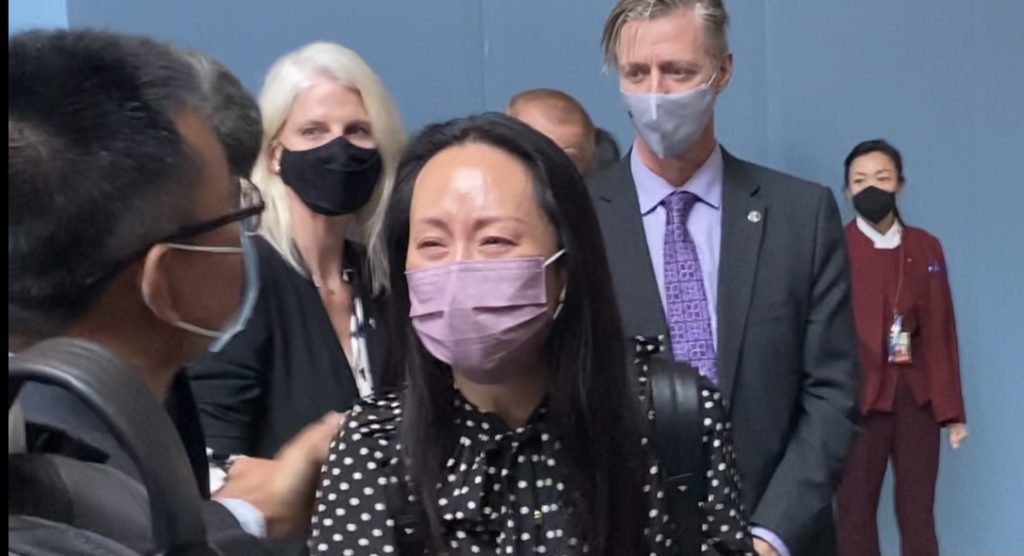
Meng Wanzhou’s tearful goodbye at Vancouver International Airport (Bob Mackin Exclusive, copyright 2021)
“He basically was stirring the water among the Chinese community,” said Pak.
During the pandemic, Canadians had become more concerned about the rising superpower and its government’s adverse influence on Canada. ResearchCo gauged public perception, two years after China took Canadians Michael Kovrig and Michael Spavor hostage in retaliation for the YVR arrest of Huawei CFO Meng Wanzhou. The result: Only one in five respondents viewed China favourably.
That translated into Erin O’Toole’s Conservative platform, which considered the Chinese Communist Party a national security threat to Canada, promised to crack down on money laundering and impose a moratorium on foreign real estate purchases, and to ban Huawei from Canada’s 5G network.
Chiu didn’t hide where he stood. Shortly after his 2019 election, he returned to his native Hong Kong to observe local elections. In February 2021, he supported the House of Commons motion to declare China’s treatment of Uyghur Muslims a genocide and to call for the 2022 Winter Olympics to be moved out of Beijing. In March 2021, China sanctioned members of the House of Commons Subcommittee on International Human Rights, thus banning vice-chair Chiu from returning to Hong Kong.
In April 2021, Chiu tabled a bill to create a registry for anyone lobbying for any foreign government. Pro-China activists seized on this issue and called Chiu and the Conservatives “anti-China” and accused them of stoking anti-Asian racism.
“They have convinced the people that party equal to state equals to the race itself. So if you criticize the CCP, you’re equated to criticizing the state, China,” Chiu said. “Especially for overseas Chinese, they extend that further: if you’re criticizing the motherland, the state, well, then you’re criticizing our race. That is a very powerful and very impactful mobilizing force.”
Chiu said he took racism seriously, advocated for Richmond victims and met with RCMP Supt. Will Ng to seek a solution.
“This is not Canada, we don’t accept racism. But it’s more important that I was fully aware of the Chinese Communist Party’s effort, not just in Canada, but around the world, of hijacking the issues and trying to pretend itself to be the spokesperson for ethnic Chinese around the world.”
The week that began with the election, ended with a surprise twist. On Sept. 24, 2021, Meng admitted to U.S. authorities that she deceived HSBC, her Vancouver extradition court hearings halted and she flew back to Shenzhen. China freed the Two Michaels and they flew home to Canada.
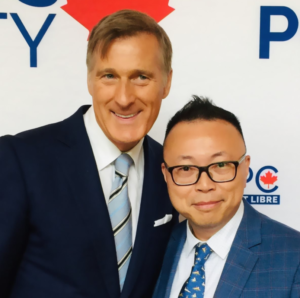
Maxime Bernier (left) and Ivan Pak in 2019. In 2021, Pak endorsed James Hinton. (Facebook)
Precisely eight months after the election, the Trudeau Liberal government banned Huawei from Canada’s 5G networks.
Over the summer, Chiu worked on Poilievre’s leadership win over Jean Charest, who Poilievre slammed for acting as a lawyer for the tech giant that Beijing considers a “national champion.”
“For me, it’s important for us to elect a leader that didn’t work for Huawei or is not in the pocket of the CCP,” Chiu said.
In the meantime, he is keeping an eye on the Oct. 15 municipal elections, concerned that the CCP’s sophisticated and relentless meddling could affect outcomes around B.C.
He specifically mentioned Vancouver mayoralty challenger Ken Sim of ABC Vancouver. The 2018 runner-up unofficially kicked-off his campaign last October, the week after the Meng and Two Michaels swap.
Nobody from Vancouver city council attended the Chinese consulate-sponsored Beijing Olympics promotion a day after China’s 72nd national day. But there was Sim, glad-handing on the Jack Poole Plaza stage and cutting a ribbon.
“Municipal politics, they know that those are grooming grounds, those are just the incubators,” he said. “The Chinese, we believe, and we put a lot of emphasis in, relationship-building.”
Support theBreaker.news for as low as $2 a month on Patreon. Find out how. Click here.







